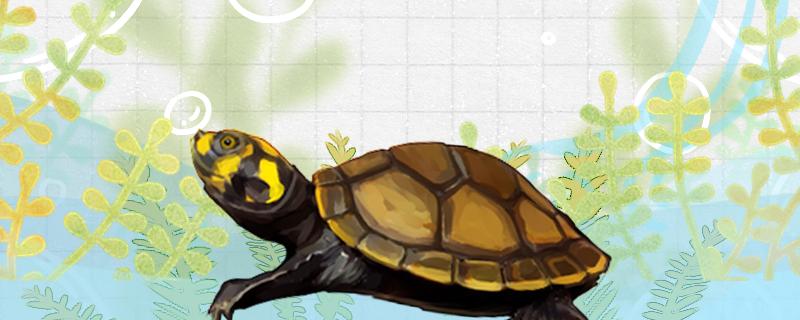 1. Can West African and yellow-headed side-necked tortoises be mixed?
1. Can West African and yellow-headed side-necked tortoises be mixed? West African side-necked tortoises and yellow-headed side-necked tortoises can be mixed. Their species are similar and their requirements for living environment are similar. And their size and habits are similar. Although the yellow-headed side-necked turtles are lively and aggressive, their attack power is not strong, and even if they fight, there will not be too many casualties.
Although they can be polybred together, they are both large in size, and breeders need to prepare a larger container for them. In polyculture, breeders should also choose similar bodies, so as to ensure that they can live normally.
2. What other turtles can the yellow-headed side-neck turtle mix withThe yellow-headed side-neck turtle has strong adaptability and can mix with other turtles, but can not mix with all turtles. When choosing mixed turtles, breeders should pay attention to the fact that the difference in body size should not be too large, otherwise it will affect their normal activities. In addition, yellow-headed side-necked turtles have high requirements on water temperature and water quality, so breeders need to choose turtles with similar habits. Although the yellow-headed side-necked turtle is lively, its aggressiveness is not strong, so breeders should choose some gentle turtles to mix.
To sum up, the turtles suitable for polyculture with yellow-headed side-necked turtles include pig-nosed turtles, round Australian turtles, flame turtles, map turtles and so on. If breeders want them to mix, it is best to put them together at an early age, so that they are familiar with each other's existence and rarely have conflicts in adulthood.